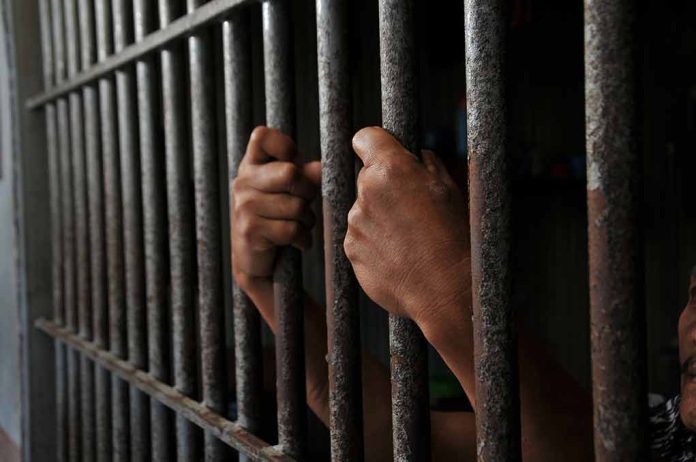
A U.S. jury awards $42 million to former Abu Ghraib detainees, holding a defense contractor responsible for torture and mistreatment during the Iraq War.
At a Glance
- Three Iraqi men were awarded $42 million in damages for torture at Abu Ghraib prison
- Virginia-based contractor CACI held responsible, despite denying direct involvement
- Verdict marks first time a civilian contractor held legally accountable for Abu Ghraib abuse
- Case highlights ongoing debate about military ethics and private firms in war zones
Jury Holds Defense Contractor Accountable for Abu Ghraib Abuses
In a landmark decision, a U.S. jury has awarded $42 million to three former detainees of Iraq’s notorious Abu Ghraib prison, holding Virginia-based military contractor CACI responsible for their torture and mistreatment. The verdict, delivered in 2024, comes two decades after the shocking abuse scandal first came to light, reigniting discussions about military conduct and the role of private contractors in conflict zones.
The plaintiffs, Suhail Al Shimari, Salah Al-Ejaili, and Asa’ad Al-Zubae, each received $3 million in compensatory damages and $11 million in punitive damages. Their testimonies detailed harrowing experiences of beatings, sexual abuse, forced nudity, and other cruel treatment at the prison. The case, filed in 2008, faced numerous legal hurdles and delays before finally reaching this conclusion.
A U.S. jury awarded $42 million to three former detainees of Iraq's notorious Abu Ghraib prison, holding the Reston, Virginia, military contractor CACI responsible for contributing to their torture and mistreatment two decades ago. https://t.co/pdIpLHhHA5
— NBC4 Washington (@nbcwashington) November 12, 2024
CACI’s Role and Response
CACI, which provided interrogators to the U.S. Army at Abu Ghraib, has consistently denied direct involvement in the abuses. The company argues that no CACI employee has ever been charged in relation to the events at Abu Ghraib. Despite this, the plaintiffs successfully argued that CACI interrogators conspired with military police to “soften up” detainees for questioning.
The company has expressed disappointment with the verdict and plans to appeal. The awarded amount matches the plaintiffs’ demand and exceeds the $31 million CACI was paid for supplying interrogators to Abu Ghraib.
Significance of the Verdict
This case marks the first time a U.S. jury has heard claims from Abu Ghraib survivors since the scandal broke 20 years ago. It is also reportedly the first instance of a civilian contractor being held legally responsible for detainee abuse at the prison. The Center for Constitutional Rights, which filed the lawsuit, hailed the verdict as a measure of justice and accountability.
The Abu Ghraib scandal, which came to light in 2003 through leaked photographs showing U.S. military personnel abusing detainees, sparked international outrage and led to the conviction of eleven U.S. soldiers. This recent verdict extends accountability to private contractors involved in military operations, potentially setting a precedent for future cases.
As the legal battle concludes, the Abu Ghraib case continues to raise critical questions about military ethics, the use of private contractors in war zones, and the long-term consequences of human rights abuses in conflict situations. The verdict serves as a reminder of the importance of upholding international laws and human rights standards, even in the most challenging circumstances of war.
Sources:
A U.S. jury awards former Iraqi detainees $42 million for Abu Ghraib prison abuse
US jury awards $42m to ex-detainees at Iraq’s Abu Ghraib
What happened in Abu Ghraib and why did a US court award damages?













